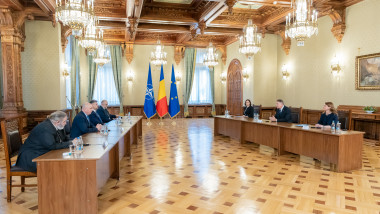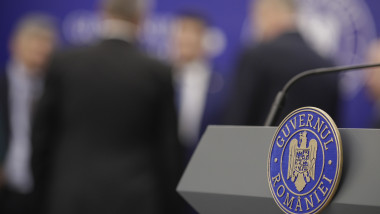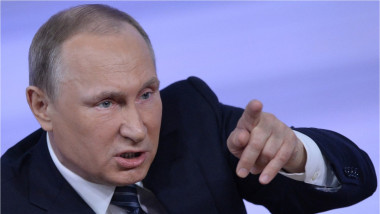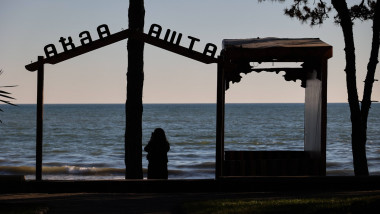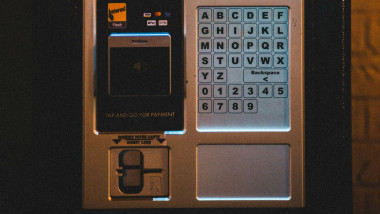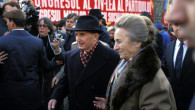Editorial Putin: The Empire Strikes Back


On a large scale in history, what Vladimir Putin is trying to do today is revive empires - structures that have lost their power of seduction after the two world wars (which were triggered precisely by the imperialist logic). Every enduring empire has always relied on two arguments: the force of attraction exerted by a cultural, political, scientific center (Rome, London, Paris) and, on the other hand, on conquest and repression.
Beginning in 1918, the Great Powers of the West became reconciled to the right to self-determination of peoples (“all peoples have the right to self-determination... they freely determine their political status and freely pursue their economic, social and cultural development”) and started to accept the disappearance of the idea of empire, renouncing conquest and repression and focusing exclusively on the seduction they could exercise through civilization and prosperity.
China and Russia have not chosen that same path. Very compact geographically and culturally, China has constantly managed to remain an empire - from the dawn of history until today. Russia, on the other hand, lost its empire in 1917, and will never come to terms with this idea, seeking to restore it at any time and in any form.
The nostalgia of the empire governed Soviet and Russian politics from Lenin to Putin.
By no coincidence, the political theory of Vladimir Putin's philosopher Aleksandr Dughin is based on three fundamental ideas (all bizarre and on the edge of fascism): anti-liberalism, Dasein as a link between different peoples united under the same empire (a kind of “spirit of the place” or genius loci by which Dughin tries to justify Russia's rule over different cultures) and, finally, the empire as an essential (and desirable) force of the international system. We find in Dughin a long eulogy for the empire, which “is the bearer of a mission” and represents “a political embodiment of the historical destiny of mankind,” without “necessarily implying the existence of an emperor” (Aleksandr Dughin, The Principle of Empire in Carl Schmitt and the Fourth Political Theory).
The only concern of pro-Kremlin political thinkers after Vladimir Putin came to power, was finding a way to justify, somehow, no matter how outlandish, the idea that Russia must have an empire. Back in 1918, paradoxically, it was easier for their Soviet predecessors: communism, which had destroyed the empire, offered a flawless imperialist ideology (the world revolution was to bring every corner of the world under Moscow’s control).
Today, however, the revival of the empire demands a much heavier price: the obliteration of the principle of self-determination of nations, the one that destroyed the imperialist spirit in 1918 by the hand of American President Woodrow Wilson. What Vladimir Putin is trying today, nothing more or less than denying Ukraine the right to decide its destiny is to send the world more than a century back in the past. This will eventually fail, of course – history teaches us that you cannot simply ignore a century of historical developments. However, this failure will cause a lot of suffering and many innocent victims.



